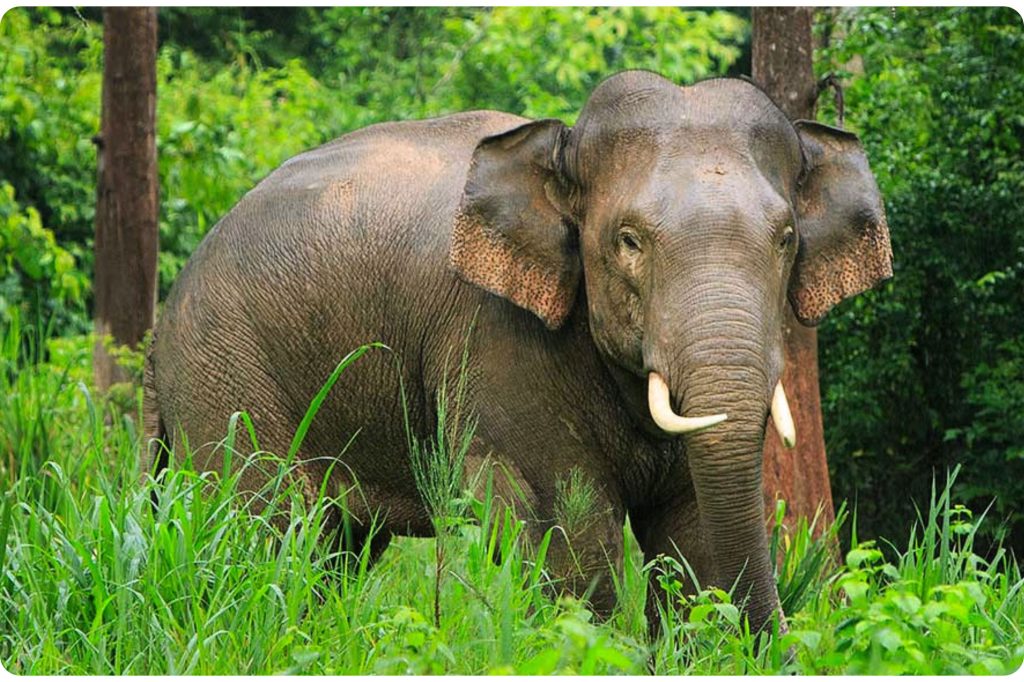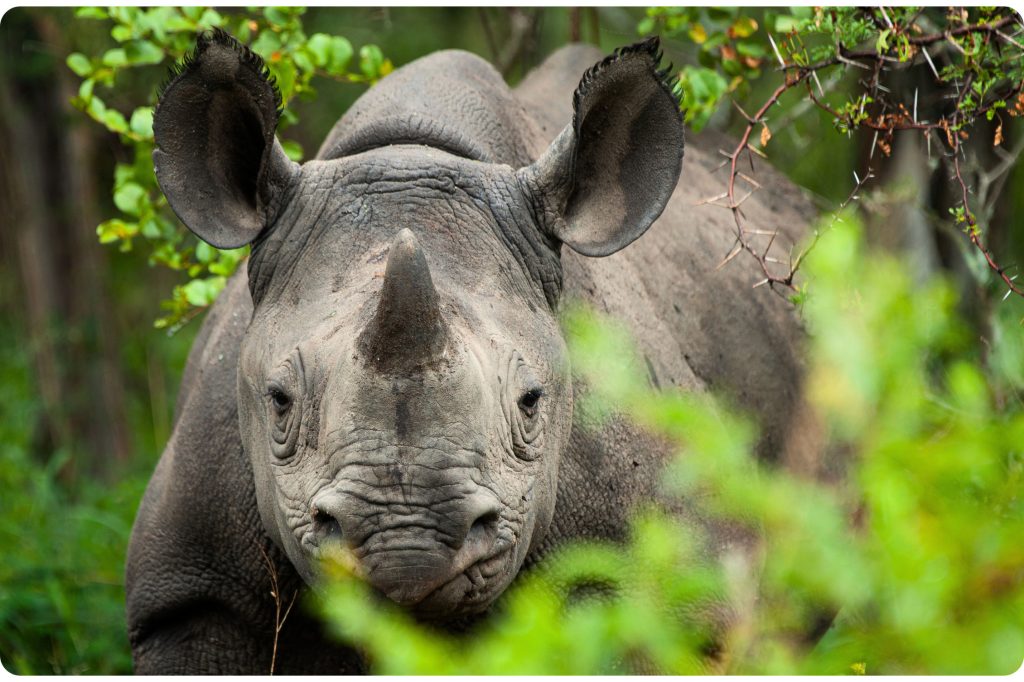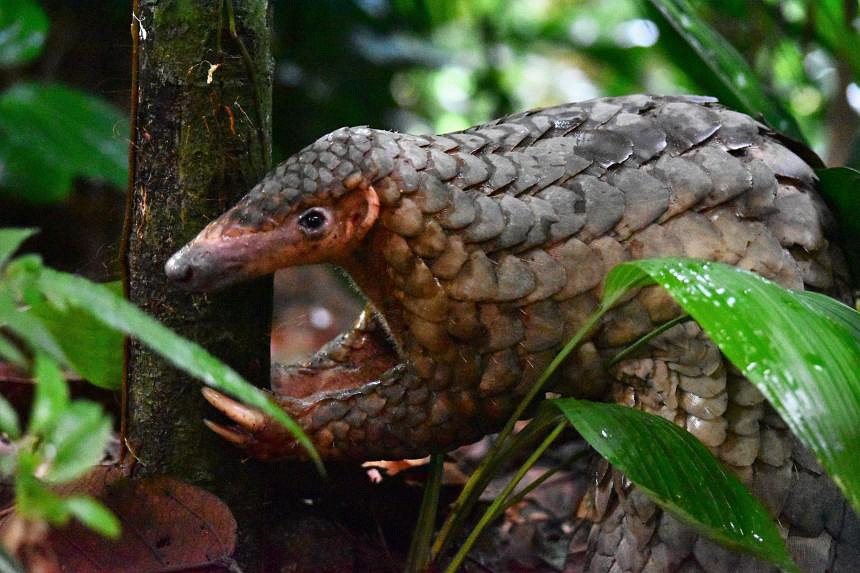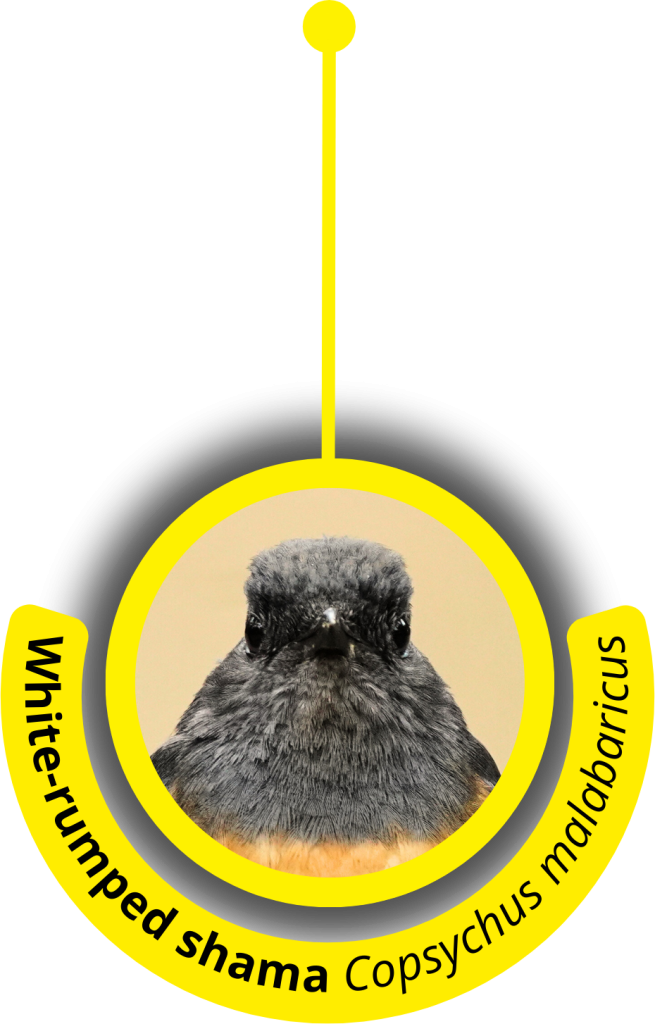
CYBER SPOTTER HIGHLIGHTS
Since 2020
22
Number of Cyber Spotter rounds
650+
Volunteers Trained
33,400+
IWT Listings Flagged
465
Number of new Search Keywords


The world’s most endangered species are under threat from an unsuspecting source - the Internet
Advances in digital connectivity, combined with rising demand for illegal wildlife products, have increased the ease of exchange of wildlife from poacher to consumer across continents.
Purchasing elephant ivory, tiger teeth and other endangered wildlife products is now an easy click, pay, ship process. Given the anonymous nature of online trafficking, it is essential that technology companies take charge of detecting and disrupting this illegal trade.
Our solution: The WWF Wildlife Cyber Spotter Programme
We need a systematic approach to detect and take down illegal wildlife product postings on digital platforms. But with thousands of listings found online at any given time in an ever-evolving online landscape, we cannot do it alone.
This is where you come in.
Help detect and report online listings by joining the Wildlife Cyber Spotter Programme.
How will you be involved?
Selected volunteers will undergo compulsory training to identify prohibited wildlife products and report any suspicious content to WWF. WWF will review the listings and work with the participating members of the Coalition to End Wildlife Trafficking Online to remove the content from their platforms.
2023 CYBER SPOTTER SUMMARY

6870 SUSPICIOUS WILDLIFE LISTINGS FLAGGED
BY CYBER SPOTTERS OVER 5 PROGRAMME ROUNDS

51 New KeyWords Found
across 12 different languages

A TOTAL OF 156 New Volunteers Trained
WITH 5 Upgrading to Volunteer Leads
HISTORY
test
CLICK ON OUR TIMELINE TO EXPLORE EACH REPORT
COMMONLY SMUGGLED WILDLIFE
CLICK ON EACH ANIMAL TO LEARN MORE
COMMONLY LISTED WILDLIFE PRODUCTS








USING AI TO FIGHT WILDLIFE CRIME
MEDIA FEATURES

Taking wildlife smugglers to tusk: Singapore gives teeth to fight with new anti-trafficking laws

S’pore volunteers training AI to crack down on illegal wildlife trade online

Time to raise awareness about pangolin poaching in Singapore

Building a future in which humans live in harmony with nature
© 2023 WWF – World Wide Fund For Nature | © 1986 Panda Symbol WWF – World Wide Fund For Nature (formerly World Wildlife Fund) | ® “WWF” is a WWF Registered Trademark.
PDPA Policy








